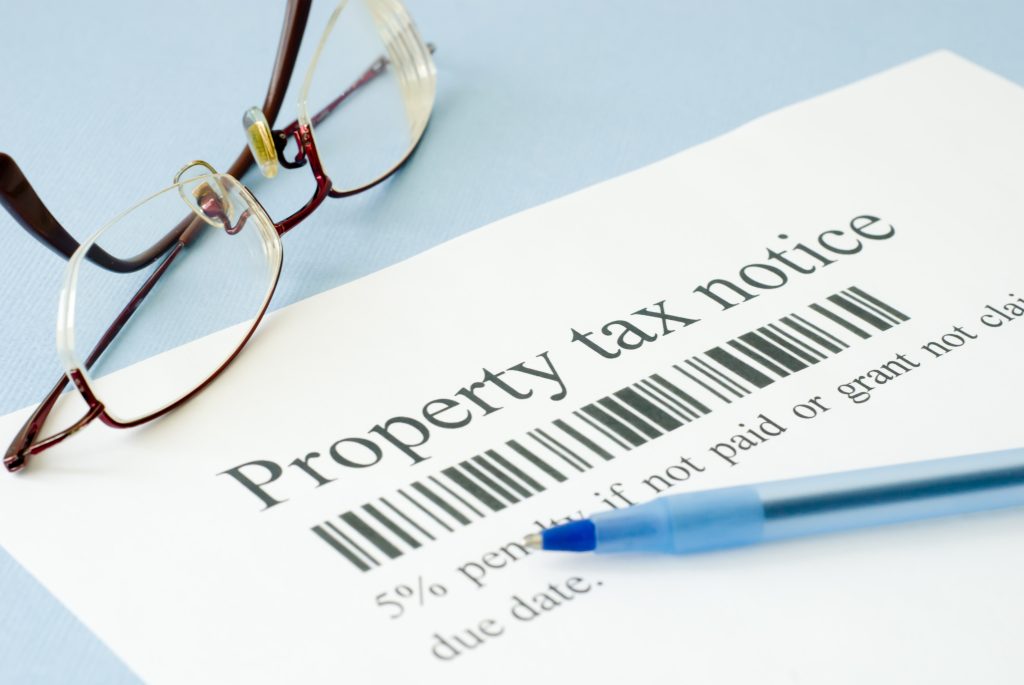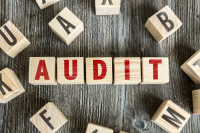12 Reasons to Protest Property Taxes in Texas

Here’s what you need to know about the potential reasons to protest property taxes in Texas:
- There are many reasons to protest property taxes, from overvaluations and unequal appraisals to data errors, market changes, and more.
- Your reason for protesting will depend on various factors, and knowing the optimal strategy for a successful reduction is crucial to lowering your property tax bill.
- Gill, Denson & Company is here to assist you in your property tax protest, from determining the best reason to gathering evidence and presenting it to the county.
There are many reasons to protest property taxes, ranging from clerical errors and missing information to unequal appraisals and changes in your property’s condition. Knowing which reason makes the most sense for your situation is crucial to developing the best strategy to successfully reduce your tax burden and lower your property tax bill. Here, we’ve listed twelve of the most common reasons and what to look for in each situation.
#1: Overvaluation of Your Property
An overvaluation occurs when your property’s tax-assessed value is greater than its fair market value. Outdated market information and recent sales that are not comparable to your property can lead to an overvaluation. This means your property tax bill will be higher than it should be and can influence future property value assessments, leading to further tax increases.
#2: Unequal Appraisals
Unequal appraisals occur when your property is assessed at a higher value than comparable properties. Many counties use mass appraisal methods without verifying property information in person. Data errors, inaccurate comparisons, and subjective judgment can contribute to this, as well. The result can mean significantly higher property taxes for you.
#3: Data Errors in Property Appraisal
The appraisal district may be using incorrect or outdated information to determine your property’s value. Even one or two errors, such as a miscalculation or incorrect sales price, can have a huge impact on your property tax bill. This is why it’s so important to ensure you correct inaccuracies with the county as soon as you can.
#4: Exemptions Overlooked
You may qualify for property tax exemptions that were not properly applied to your bill. Common exemptions include homestead, disabled veteran, over-65, agricultural and timber exemptions. There are also new exemptions in 2024 for non-homestead properties that cap annual tax appraisal increases. Review your bill annually to ensure all applicable exemptions have been applied and reflect the appropriate reductions.
#5: New Construction or Development Nearby
New construction or development in your neighborhood can impact your property value. If the new development is similar to your property and is commanding high sales prices, it may increase your property’s tax appraisal. In many cases, it is not appropriate for appraisal districts to increase your value simply because a new development nearby is selling at higher prices.
#6: Recent Decline in Market Value
If your property’s value has decreased recently due to market conditions, your property taxes may be higher than they should be. Market fluctuations can significantly impact property values, and it’s important that your appraisal reflects the current market conditions. Appraisal districts are often slow to incorporate declining market data into their valuation models.
#7: New Construction or Improvements on Your Property
Recent additions or renovations to your property can increase its value. However, it’s essential that these improvements are accurately reflected in your property’s appraisal. Local appraisal districts often overvalue recent renovations, causing you to overpay on your property taxes. It’s also possible they have misidentified your property as having improvements that it does not, therefore raising your value higher than it should be.
#8: Changes in Property Condition
Property damage or deterioration can negatively impact your property’s value. It’s important to update your property records with the appraisal district to reflect any changes in condition. This will help ensure that your property is assessed accurately. Additionally, you may also be eligible for a temporary property tax exemption from damage due to events like hurricanes or wildfires.
#9: Failure to Receive Notice
You may also protest your property tax assessment if you fail to receive proper notice from the county. They are required to send you a Notice of Appraised Value if your value has increased by a certain threshold, typically by April 15th of each year. You must prove they didn’t reasonably notify you and pay the taxes due before the delinquent date in the meantime. At Gill, Denson & Company, we advise our clients to rely on our electronic notices and not the mailed notices from the county.
#10: Rapid Value Appreciation
If your property’s value has increased significantly faster than comparable properties in your neighborhood, it may be overvalued. As we discussed previously, an overvaluation can lead to significantly higher taxes. A rapid increase in your property’s value is a sign to investigate further to ensure you’re only paying your fair share.
#11: Incorrect Property Info
The appraisal district may have used incorrect information about your property, such as square footage, lot size, or features. This can lead to an inaccurate appraisal and higher property taxes. It’s important to ensure that your property records are accurate and up-to-date. It’s also possible that your property has been categorized incorrectly, leading to a higher tax rate.
#12: Changes in Special Use Designation
Texas has an agricultural and timber exemption for eligible properties, known as a special use appraisal. If you see an unexpected increase in your property tax bill, it may be due to an error or change in your special use exemption. You may protest for this reason and provide evidence that your property still meets the requirements for exemption.
1 Reason to Work with Gill, Denson & Company
When protesting your property tax appraisal, providing compelling evidence to the county will increase your chances of successfully reducing your property tax bill. The protest process can be overwhelming for many property owners, from data research to presenting evidence in a hearing with the appraisal review board. The experts at Gill, Denson & Company have the experience and knowledge to ease your way through this process, making it more seamless and less stressful. The best part is that you’ll only pay if we successfully save you money on your taxes!
Do any of these reasons to protest property taxes sound like they could apply to you? Reach out to the team at Gill, Denson & Company today to get started on your residential or commercial property tax protest!









